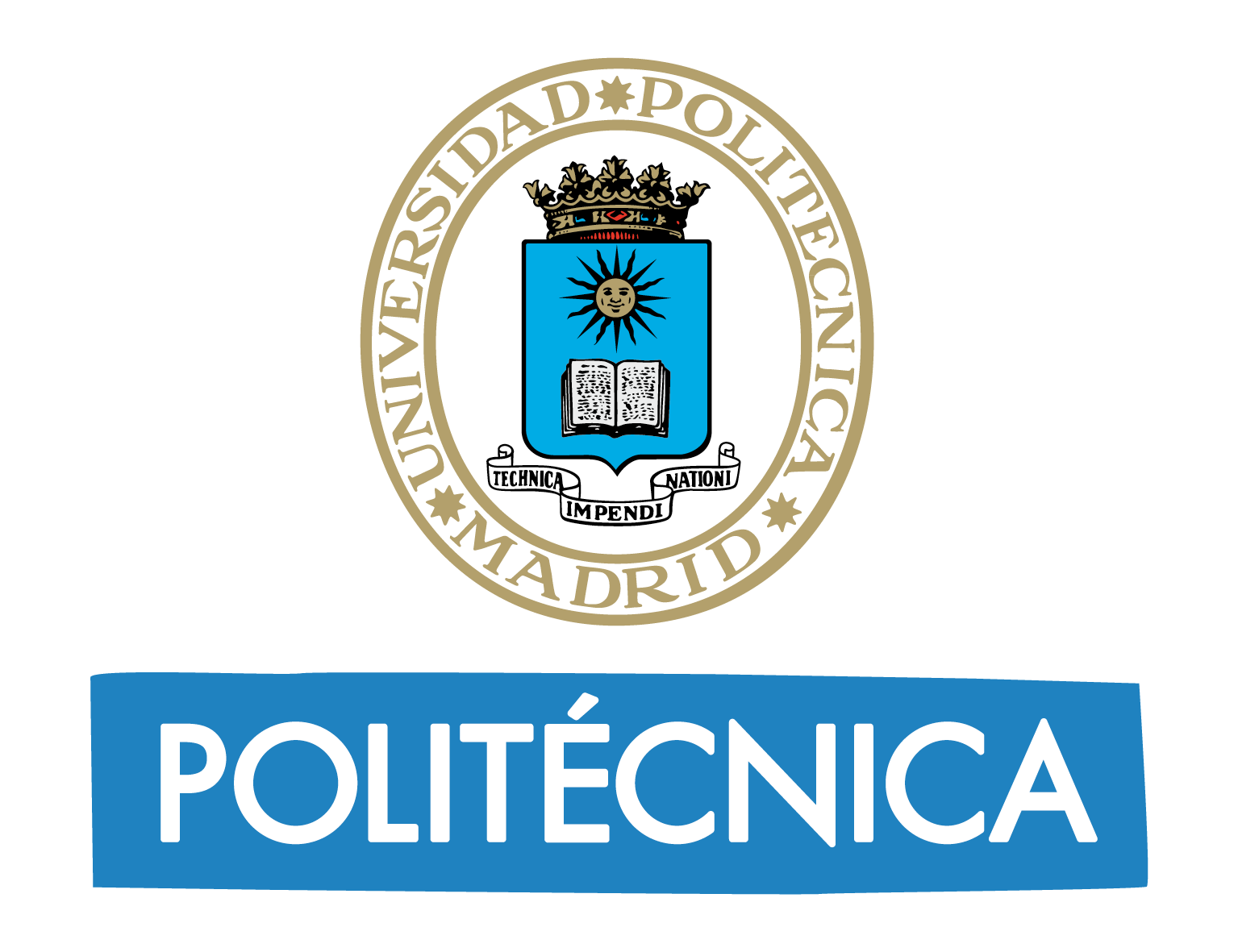The UPM reduces its CO2 emissions by almost 30 % in the last triennium
The Universidad Politécnica de Madrid (UPM) has received for the third time the seal of quality “Calculo y Reduzco” from the Ministerio para la Transición Ecológica y el Reto Demográfico (MITERD), which certifies the results within the university´s strategic decarbonization plan.
17.10.2024
The Universidad Politécnica de Madrid has reduced the average CO2eq (CO2 equivalent) emission intensity by 26.32% in the triennium 2020-2022 compared to the previous three-year period 2019-2021 as certified the seal of quality “Calculo y Reduzco” for the scope 1+2 granted by the Ministerio para la Transición Ecológica y el Reto Demográfico.
The UPM has received this recognition for the third straight time, which highlights diverse actions carried out in recent years by the university to decarbonize its activity with the commitment to achieve climate neutrality in 2040. This strategy is supported by the commitment to face climate change approved on November 28th, 2019, by the UPM Government Council.
Because of the implemented measures, in 2022 the university register a cumulative carbon footprint reduction of 54% compared to 2019, the year in which the commitment was signed. Additionally, with respect to the period of maximum impact, 2015, the results have been much more significant: a cumulative carbon footprint reduction of 82% in the last seven years.
“At UPM we were lucky to be able to teach and research in buildings within Madrid city, some of them very unique and with various levels of urban protection in which many generations of engineers and architects have been trained”, explains Alberto Garrido, vice- rector for Quality and Efficiency at the Universidad Politécnica de Madrid.
“And furthermore, we have the challenge, sometimes very complicated of making these infrastructures respectful with the environment and of complying with the UPM´s commitment to face the climate change agreed in November of 2019. This reduction of 26,32% of emissions encourages us to continue looking for the best way to reduce them and bring us closer to the goal of canceling its net direct greenhouse gas emissions in 2030 aimed at achieving climate neutrality in 2040”, he adds.
UPM and decarbonization
The UPM Environmental Sustainability Plan includes, among its premises, a strategic plan for the decarbonization of its campuses. In order to carry it out, the university has developed diverse actions aimed at this objective, including the renovation of LED lighting, changes of boilers and air conditioning equipment, insulation projects and installation of photovoltaic panels.
Furthermore, in recent years the university has chosen for electricity with a Guarantee of Renewable Origin in all contracts and is committed to renew its fleet of combustion vehicles, progressively replacing them with electric and hybrid vehicles.
These initiatives have been promoted by the vice-rector for Quality and Efficiency of the UPM in collaboration with Management and the different centers of the university. The projects have been coordinated by the UPM Ecological Transition Commission which was established in 2021 and has been supported by the Ecological Technical Transition Committee.
The goals of this Commission are the search for energy efficiency, the reduction of direct emissions of polluting or greenhouse gases, optimization of the use of facilities, maintaining or improving well-being and reducing energy consumption, the capture of carbon, the reduction, regeneration or reuse of waste, drainage water or soils, the improvement of green spaces, gardens and trees, the promotion of the circular economy and the implementation of zero waste.


